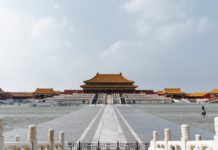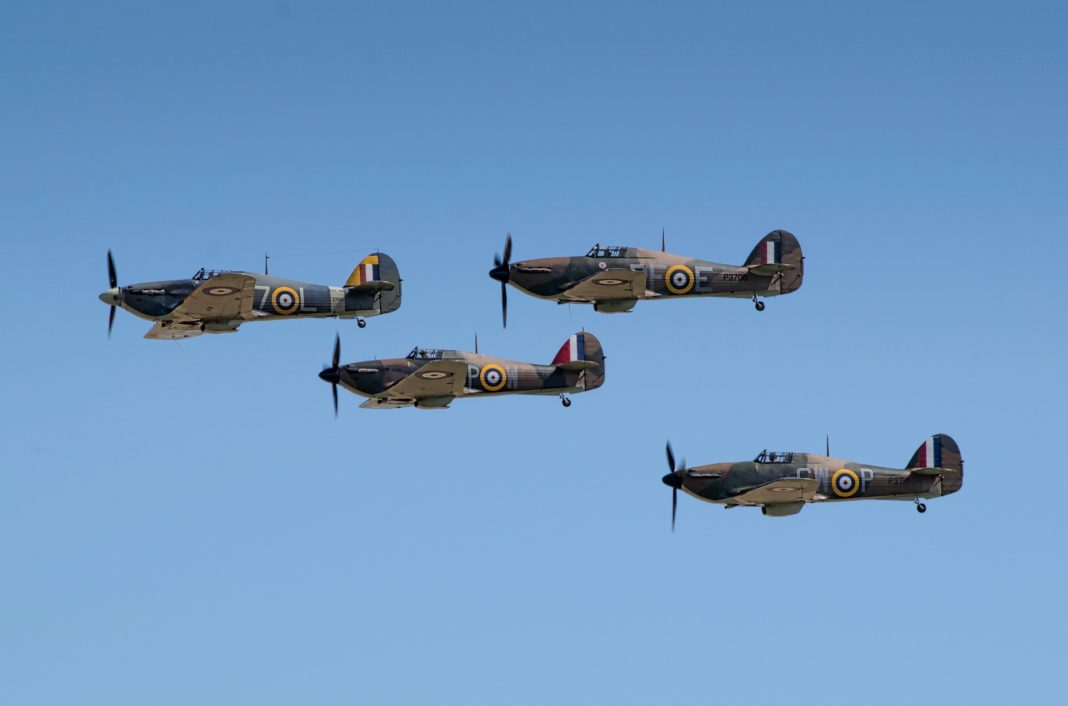With the outbreak of deadly civil conflicts in the nineties, often fought by warring factions drawing income from minerals and other local riches, some scholars claimed that war had shifted from a classical model to a new mode of intra-state warfare in which states had given up their monopoly of war in favour of groups and actors driven by greed. In other words, that Clausewitz’ model of war as the continuation of politics by other means had given way to a new type of war in which economics or greed, not politics, is the primary driver of conflict.
But are these so called new wars really driven only by private, greedy motives? A close look at this debate puts this claim into serious question. If we closely dissect the new war thesis we see that some of the present elements are not so new and that, even if we accept some of the alleged new ingredients of these wars, economics is generally not the only motive driving conflict. As we seek to explain below, no general theory of war can rest only on economics, making a holistic approach always necessary if we want to translate theory into effective policy.
What’s so new about new wars?
Broadly, new wars are characterised as depoliticised, predatory and driven by greed, while old wars are usually portrayed as driven by ideology or grievance. But this view attaches too much weight to ideological or other motives in old wars, while it underestimates the weight of these motives in new wars. Further, the greed argument is problematic as it is unclear whether it refers to the causes of war or to the motivations of the combatants, or both. It is also unclear whether it refers to greed as a result of the need to finance war or to greed as the cause for war.
Defenders of the new wars thesis also seek to distinguish classic warfare with the blurred situation of new wars where combatants and non-combatants mix up and the state’s structures are torn down. This implies that order has given way to chaos, and that public interest, represented by the state, has given way to private interest(s). However, these features are not necessarily new in war. Brutality, including rape, among warring parties and against the population remains a common feature of many conflicts. So are deaths among non-combatants.
A further claim is that new wars are decentralised and founded on a globalised war economy financed through plunder, diaspora remittances, illegal trade, and the “taxation” of humanitarian relief. This is difficult to rebut, although it is equally true that it is unclear whether such practices are a means to an end or an end in itself. Indeed, does looting take place in order to finance war, or is war waged in order to loot? The line between the two is very fine and in most cases a categorical conclusion cannot be reached.
Are new wars really driven by greed?
Of the three arguments analysed above, the first poses the biggest challenge for it is an argument of substance. Very few will dispute the notion that economics play a role in conflicts, however how much it matters relative to other factors is much less clear. This includes political, social, geographic, cultural, demographic, or religious factors, to name but a few. To draw a general theory of war based on the argument that conflict is driven solely by greed – or by grievance, for the same matter – is too reductionist and risks posing serious problems when translating theory into actual effective policy.
A much more appropriate approach would therefore seem to be one where individual conflicts are analysed in their own merits. Some conflicts will likely be driven or have been ignited by grievance, while others may originate from a dispute over key resources and the monopoly over these. Adherence to a particular faith, membership of a particular community or ethnic group, or indeed allegiance to a particular notion of history, may also be at the core of, or influence, the shape and evolution of a particular conflict.
Only in those cases where the continued practice of violence benefits vested groups may we conclude that greed has taken over grievance, although even in those instances there will be other factors at play. For example, while economics played a very important role in initiating and sustaining the conflicts in Liberia, Sierra Leone, and Sudan, grievance – including elements of class conflict and ethnic inequalities – also played an important role alongside greed. Similarly, elements of greed and grievance interacted to ignite and fuel the deadly conflict in Angola, which got also caught in the interplay of great power geopolitics.
A final observation
Theories of war and conflict cannot reduce the cause to a single factor but to the possible confluence of a wide range of issues encompassing politics, economics, development, ethnicity, religion, ideology, and identity. While the wars of the late twentieth and early twenty-first centuries have certain common new features, this cannot lead to the conclusion that the nature of war has changed or that so called new wars should be defined, as a matter of principle and in all instances, as a continuation of economics by other means.
War and conflict are dynamic, not static, and so a good theory is one which leaves aside historical contingencies and draws a series of premises applicable to conflict throughout space and time. It is important to note that the conflicts in the Middle East are not like those of the nineties in Sub-Saharan Africa, or like those of the Balkans. The question, therefore, remains open: is it really possible to find a convincing theory of war through which to study war across space and time? More likely than not, any such theory risks leaving aside important elements of causality which would make it more difficult, not less, to find durable positive solutions.
Recommended bibliography
Herfried Münkler, The New Wars (Cambridge Polity Press, 2005)
Carl von Clausewitz, ‘On War’, trans. Michael Howard & Peter Paret (Princeton University Press, 1976)
David Keen, ‘Incentives and Disincentives for Violence’, in Mats Berdal & David M. Malone (eds.), ‘Greed and Grievance: Economic Agendas in Civil Wars’ (Lynne Rienner, 2000)
Christopher Cramer, ‘Civil War Is Not a Stupid Thing: Accounting for Violence in Developing Countries’ (Hurst, 2006)
Mary Kaldor, ‘New and Old Wars: Organised Violence in a Global Era’ (Polity Press, 1999),
Mats Berdal, ‘How “New” are “New Wars”? Global Economic Change and the Study of Civil War’, Global Governance 9:4 (2003)
Martin Shaw’s Review Essay ‘The Contemporary Mode of Warfare? Mary Kaldor’s Theory of New Wars’, Review of International Political Economy 7:1 (2000)
Mark Duffield, ‘Global Governance and the New Wars: The Merging of Development and Security’ (Zed Books, London; 2001).
Stathis N. Kalyvas, “’New’ and ‘Old’ Civil Wars: A Valid Distinction?’, World Politics 54:1 (2001)
Stathis N. Kalyvas, ‘The Changing Character of Civil Wars, 1800-2009’, in Hew Strachan and Sibylle Scheipers (eds.), ‘The Changing Character of War’ (Oxford; Oxford University Press)
Paul Collier, ‘Doing Well out of War: An Economic Perspective’
Bart Schuurman, ‘Clausewitz and the “New Scholars”’, Parameters (2010)
Karen Ballentine and Heiko Nitzschke, ‘The Political Economy of Civil War and Conflict Transformation’, Research Centre for Constructive Conflict Management
Frances Stewart, ‘Development and Security’, Conflict, Security & Development





























